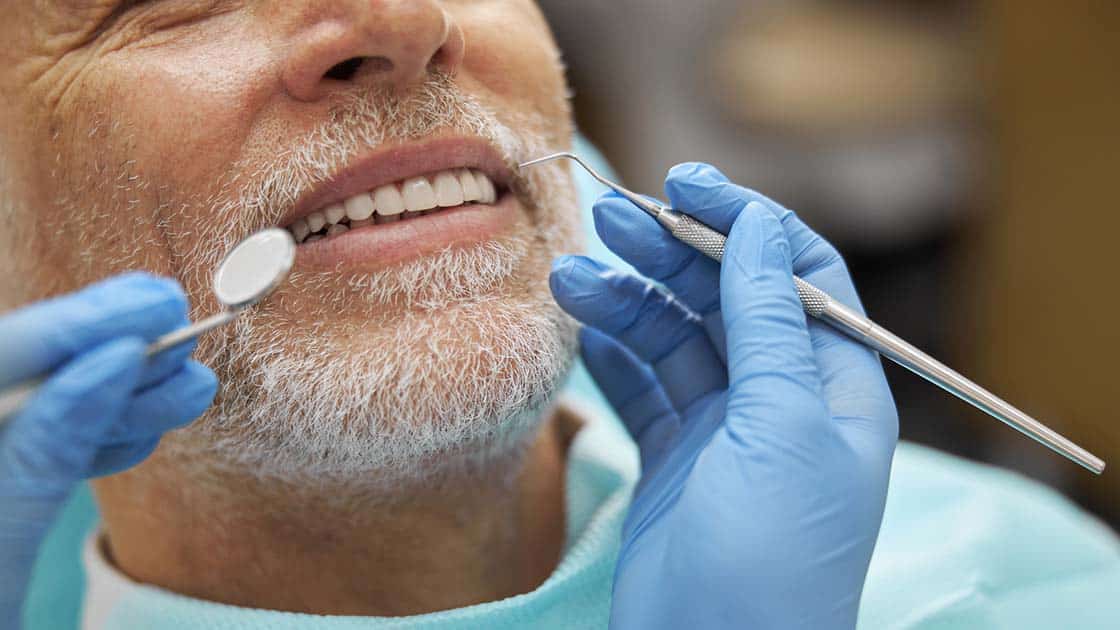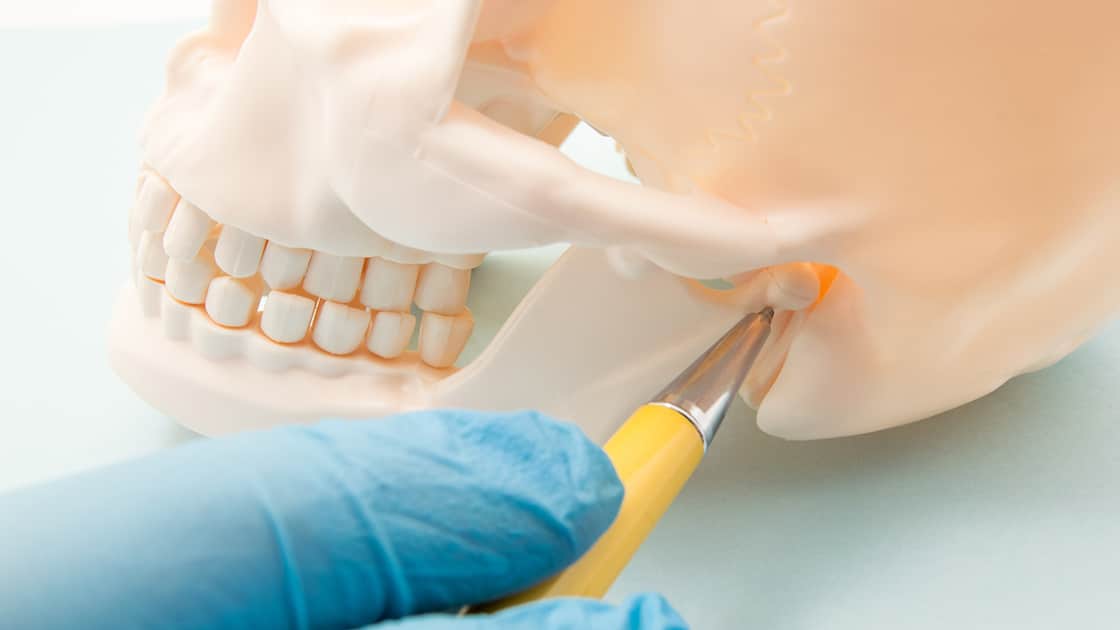
Venice Comprehensive Dentistry provides a wide range of dental services in Venice, FL. Call 941-484-3885 to learn more and schedule an appointment.
Our goal is always to help our patients maintain their oral health and to care for and protect their natural teeth.
Maintaining oral health includes good home care and regular visits to our office for preventive care. Even with excellent care, however, teeth and gums can be susceptible to infection, cavities, or other forms of damage. Restorative dentistry helps preserve natural teeth and helps maintain oral and overall health even when the health of one or more teeth or the surrounding areas is compromised. Our office also provides cosmetic dentistry. This means that we not only pay attention to the health and function of your teeth, but we also pay close attention to aesthetics.
Click below to learn more about our comprehensive dental treatments
Looking for a practice in the Venice, North Port, Englewood, Sarasota, Port Charlotte, or Osprey areas? Contact us at 941-484-3885 to schedule an appointment today!









